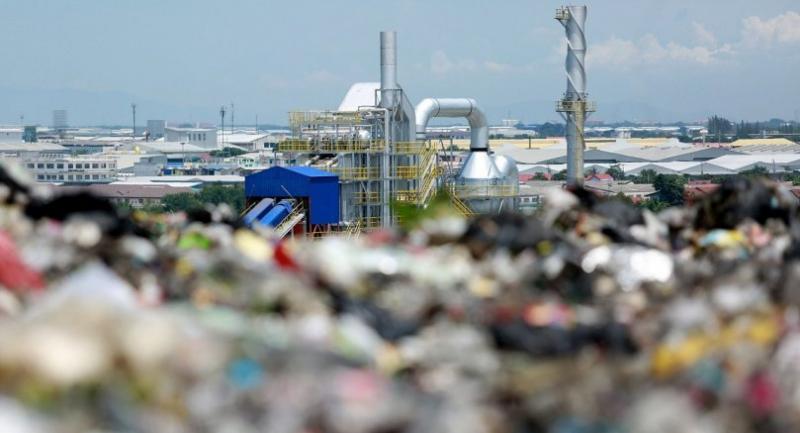Lagos State Government has secured a €120 million investment from the Netherlands government to support its waste-to-energy project. The partnership, which involves the Dutch company Harvest Waste Consortium, aims to convert a portion of the city’s waste into electricity, marking a bold step toward sustainable waste management. The initiative will be centered around the decommissioned Epe landfill, transforming it into a facility capable of processing up to 3,000 tons of waste daily.
Tokunbo Wahab, Lagos State Commissioner for Environment and Water Resources, unveiled the project’s scope during a recent interview. He emphasized the importance of innovative foreign partnerships in tackling Lagos’ waste management challenges. “The Dutch government is supporting the project with around €120 million,” Wahab stated. “We have designated the decommissioned Epe landfill for this purpose, and we are committed to supplying 2,500 to 3,000 tons of waste daily.”
The Things-Fall-Apart-Okonkwo Debate: Can Idris Elba Roll Fufu?

The waste-to-energy project is poised to make a dent in the 13,000 to 14,000 tons of waste generated daily in Lagos, a city grappling with overpopulation and poor waste disposal systems. Once operational, Harvest Waste will play a key role in converting the city’s waste into much-needed electricity, easing pressure on the energy grid. Wahab confirmed that feasibility studies have been completed, and Harvest Waste has reaffirmed its commitment to ensuring the project’s success.
In addition to the waste-to-energy initiative, Wahab highlighted the state’s broader efforts to overhaul waste management through strategic international collaborations. One notable partnership is with the Jospong Group, an Accra-based company specializing in recycling. Jospong will soon begin operations in Lagos, turning waste collected by Private Sector Participation (PSP) operators into compost fertilizers and plastic products. The company is expected to kick off in the next six to seven months, with the Lagos State Government designating new spaces for the projects.
Lagos is also addressing the mounting issue of electronic waste through its partnership with Closing the Loop, a Dutch firm committed to local e-waste processing. Currently, most of the city’s e-waste is exported for recycling, but the new facility will allow for local processing and repurposing, significantly reducing environmental impact and fostering a circular economy. This move is set to change how Lagos handles discarded electronics.
The Independence Generation: Stories of Nigerians Born in 1960 – What it Felt Like
Wahab revealed that Lagos has begun decommissioning several of its major landfills, including Olusosun and Solous, as part of a broader strategy to introduce new waste management solutions. These decommissioned sites will give way to new landfills, supported by international partners, with the ultimate goal of diverting up to 96% of the city’s waste from landfills. This ambitious strategy aims to transform waste into valuable resources, aligning with global sustainability goals.





